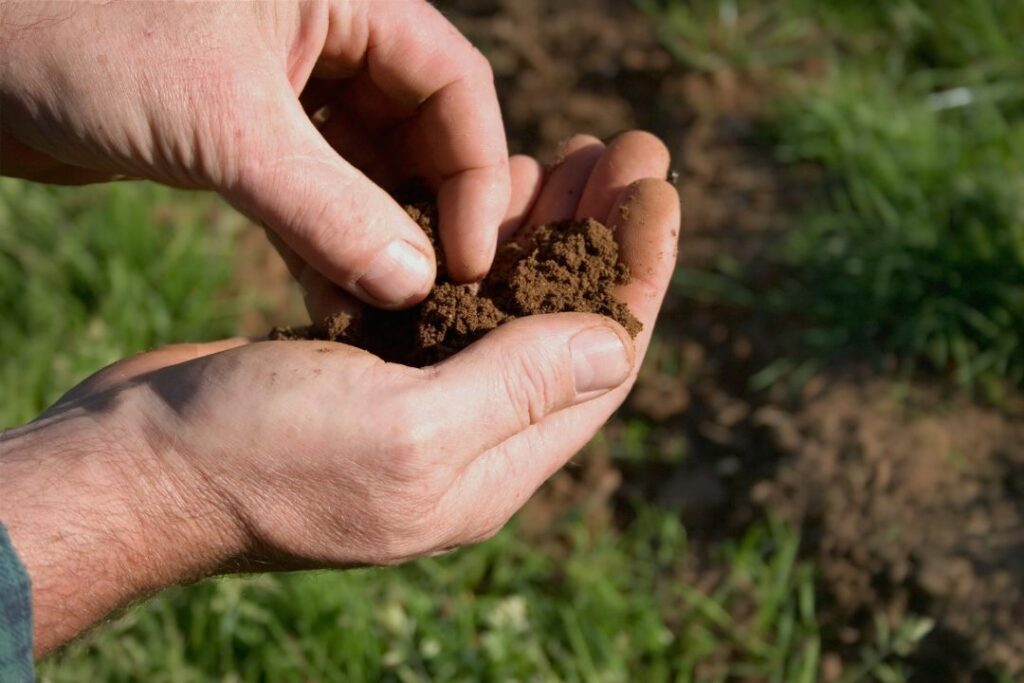
One of the most important tasks in construction is testing the soil conditions on the worksite. This should take place before any building commences. For example, had crews tested the soil better in South Padre Island, the 31-story Ocean Tower, built in 2009, might still be standing today. A more famous example of this is the Leaning Tower of Pisa in Italy, though this structure is still standing.
Crews must always remember soil testing because it is essential to the construction process. Still, this testing goes far beyond ensuring the soil can support a foundation. Keep reading to learn more about the importance of this test.
Ensure the Soil Is Stable and Strong
The first obvious purpose of soil testing is to ensure the ground material is stable and strong enough to support a foundation. Building on inadequate soil that expands with moisture will catalyze damages and defects to a foundation in the future. Testing beforehand will allow your construction crew to determine which foundation to build to ensure the most support and stability while minimizing future damages.
Identify Possible Issues From Earthquakes
When an earthquake occurs, any loosely packed soil with high contents of water saturation will liquefy. When this happens, the ground will no longer be able to support any structure and could collapse because of the density loss. Soil tests can help crews determine if this is possible during an earthquake and how to better counteract a collapse when it occurs.
Determine What Equipment To Use
Not only will soil conditions affect the type of foundation used to support a structure, but also the type of equipment you need to install the foundation. For instance, soil conditions affect auger boring, meaning your crew might need to use a different type of auger to drill into the earth, depending on how dense and rocky the ground is. Using the wrong equipment could cause damage to the tool, which will cost your business money to repair or replace.
Prevent Reactions With Construction Materials
The soil beneath the earth’s surface can be corrosive. However, you wouldn’t know this until you perform a test. This is why testing soil conditions is important for construction because corrosive soil can react badly to some construction materials, such as concrete. For example, if you find sulfur in the soil, you know to use sulfur-resistant cement to avoid corrosion.
We don’t need a remake of the Ocean Tower or the Leaning Tower of Pisa. A supportive and stable foundation is critical for structures, and so is using the correct materials and equipment. If you’re not yet testing the soil at every worksite, we hope you will start doing so after learning why it’s essential.


